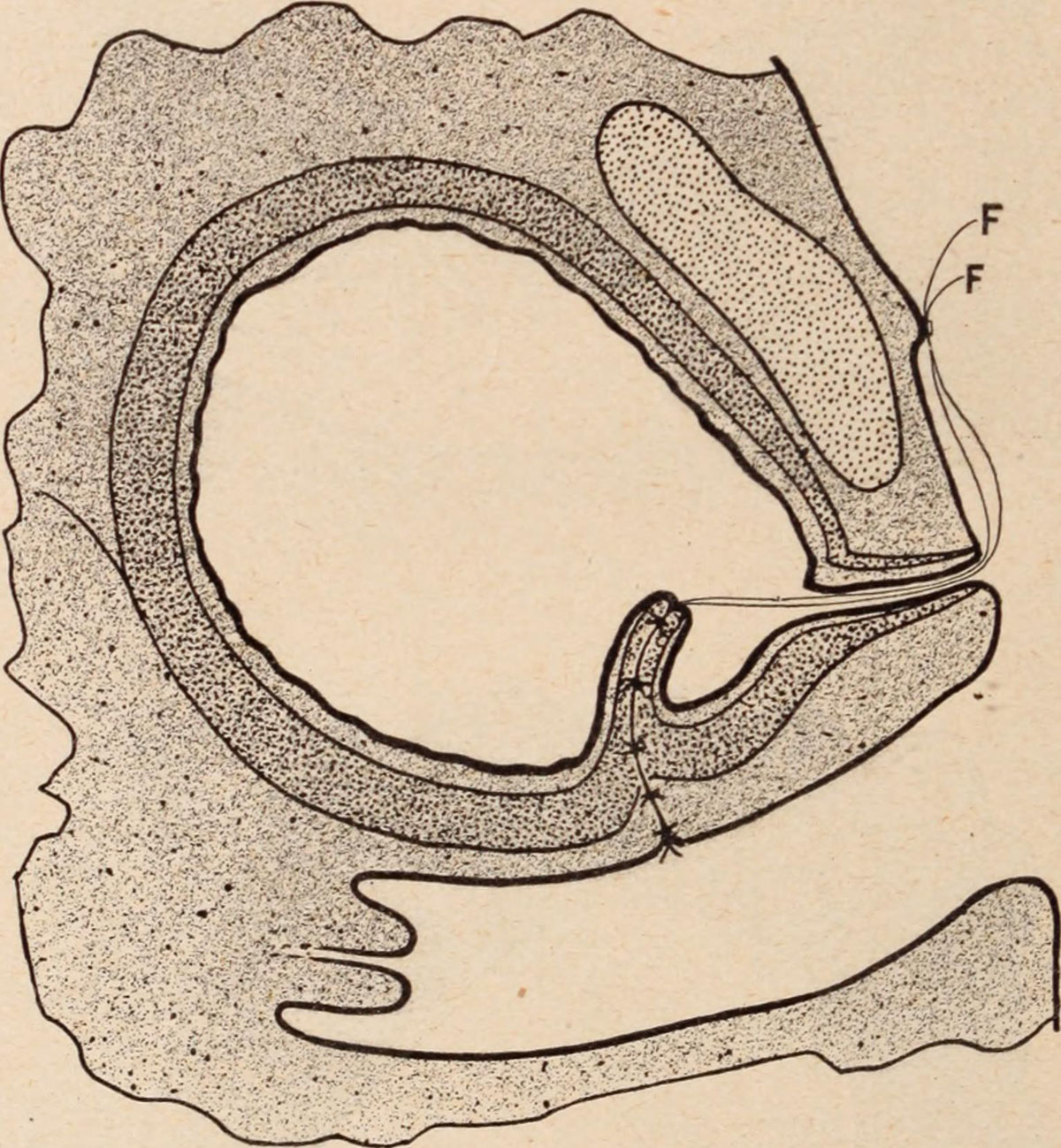
If you have been experiencing pain in the bladder area, possibly affecting other parts of your pelvic region, you are best to contact your doctor and inquire about the situation. Basically, even though this pain and discomfort may come and go, in some situations these symptoms may be a sign of a condition named interstitial cystitis, also known as the painful bladder syndrome.
What is IC/PBS?
Interstitial cystitis is a condition manifesting through pain in the bladder or pelvic area, affecting a person more than once, being recurrent. However, the symptoms of this syndrome may vary and the disease itself may affect an individual in several different ways. Nevertheless, pressure, discomfort, tenderness and pain, which can range up to intense, all are possible symptoms of this condition.
Sometimes, the painful bladder syndrome may trigger urges for frequent urination, with the pain getting worse as the bladder gets fuller. In women, the symptoms may get amplified during the menstrual period or lead to discomfort and pain during sexual intercourses.
Due to these different manifestations of this condition, many health experts believe that it is actually a mixture of several different conditions, affecting a person all at once. In fact, the painful bladder syndrome is an expression often used for describing interstitial cystitis which does not actually meet all of the characteristics necessary for a proper diagnosis.
As far as the causes of this condition are concerned, there are several of these. Most commonly, the symptoms related to IC or PBS are the same as those which can be connected to bacterial infections of the urinary tract. If this is the case, antibiotics are usually used for treating this condition. However, this is rarely the case and IC patients do not respond well to antibiotic treatments, since no microorganisms are found in their urine.
IC usually affects a person along with some other conditions like the irritable bowel syndrome or fibromyalgia. Finally, lately, some health experts are connecting this disease with genetic factors and believe that it can be transferred from a parent to a child.
What are the Treatment Options for IC/PBS?
IC/PBS is still a condition which is not curable. Moreover, due to the fact that all patients respond to different therapies uniquely, the possible universal treatment is yet to be found. Many times, people overcome this condition without treatment, making it even harder to understand, let alone deal with it. On the other hand, once the symptoms are gone, they may return after a certain period of time, troubling a person once more.
Either way, there are several treatment options for people suffering from IC/PBS. One of these is bladder distention during the diagnosis process. Once the procedure is done, the patients may experience a couple of day of symptom escalations, only to undergo a relief and improvement over the course of 2 to 4 weeks.
Alternatively, bladder instillation, a procedure also referred to as bladder washing or bathing, presents yet another useful and effective treatment option. Here, special solutions are used in order to treat the condition, being placed inside the bladder for up to 15 minutes.
As for medications used for these purpose, not many are approved by the FDA. Actually, the only approved drug is Rimso-50, also known as DMSO. This medical treatment is carried out by using a small tube which is inserted through the urethra into the bladder. The medication is then delivered through the tube and the bladder is exposed to it for 15 minutes. After this period, the drug is expelled from the bladder. This form of treatment needs to be repeated several times over the course of up to 8 weeks. Yet, if some patients believe that they can deliver the drug themselves, they can be taught the procedure by their doctor.
The only side-effect of the DMSO treatment is an unpleasant odor coming from the breath and the skin of the patient immediately after a treatment session, lasting for about 7 hours.
Elmiron is another drug allowed by the FDA, taken three times a day in order to treat IC/PBS, even though up to 6 month of treatment may pass before any positive effects appear.
Finally, electrical nerve stimulation, diet changes, smoking abstinence and some lifestyle modifications are all possible ways of overcoming PBS. Avoiding alcohol, tomatoes, spices, chocolate, caffeinated and citrus beverages may improve one's condition and smoking is known to make matters worse, as far as IC/PBS is concerned.
Finally, surgery can be helpful, even though it is considered the last resort, in situations where the patients feel excruciating pain.
Hope Through Research
Since this condition is still a mystery, scientists are working around the clock in order to carry out more researches which might shed more light on this puzzling illness. First of all the NIDDK invests a lot in finding a cure for IC/PBS, leading to possible cures since 1987.
In 1991 a 5-year study commenced, encompassing 600 men and women suffering from the symptoms of IC/PBS. Their response to various kinds of treatment were noted, improving therapy methods and increasing chances of finding a cure.
There are many more clinical trials taking place at the moment and you can help scientists make a change by visiting www.ClinicalTrials.gov and learning more about this research network, possibly participating in it.
All in all, PBS or IC is a mysterious, but painful condition which affects the bladder and the pelvic area in general. It can be triggered by various combined conditions and can range from disturbing to unbearable. Thus, medical experts are giving their best to learn more about this condition and find a possible effective treatment.


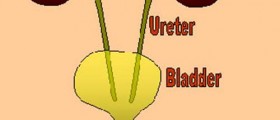
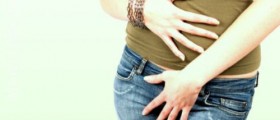



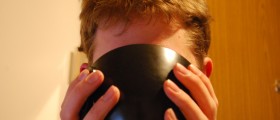


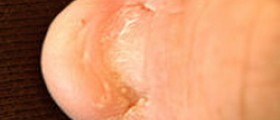
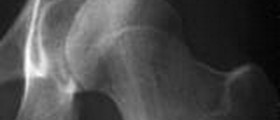

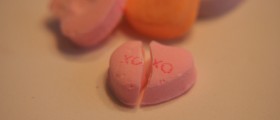
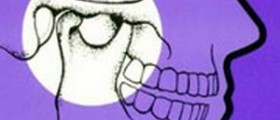
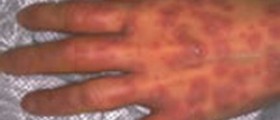
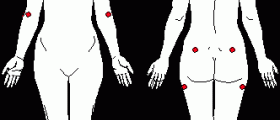
Your thoughts on this
Loading...